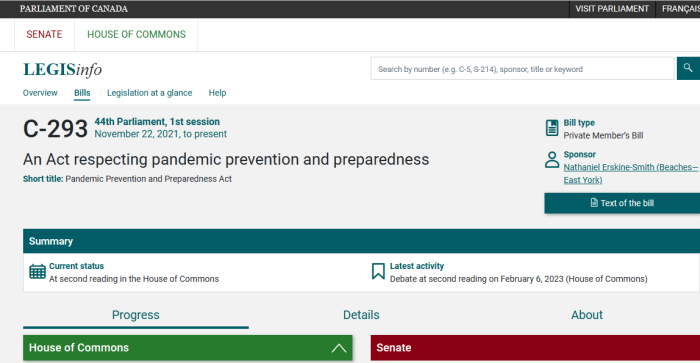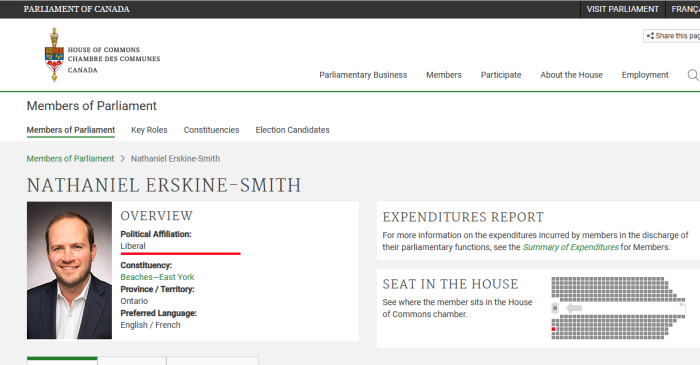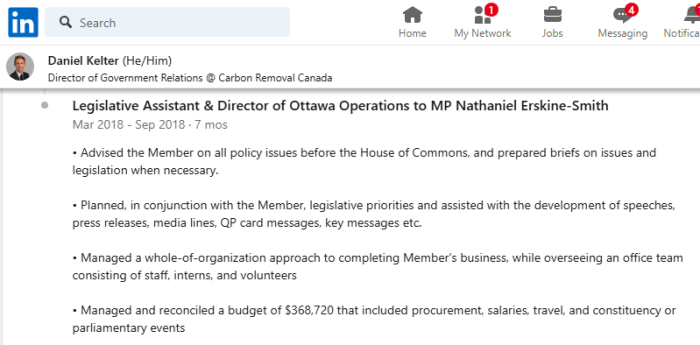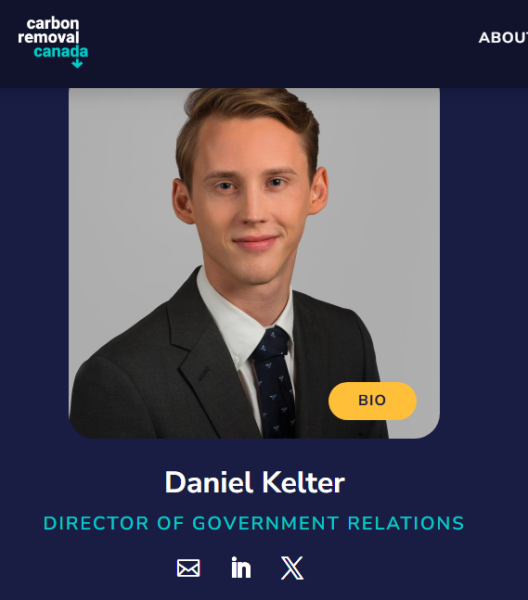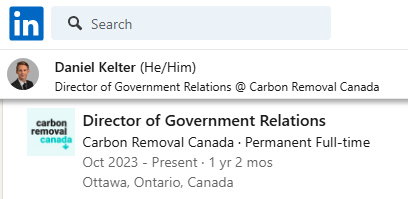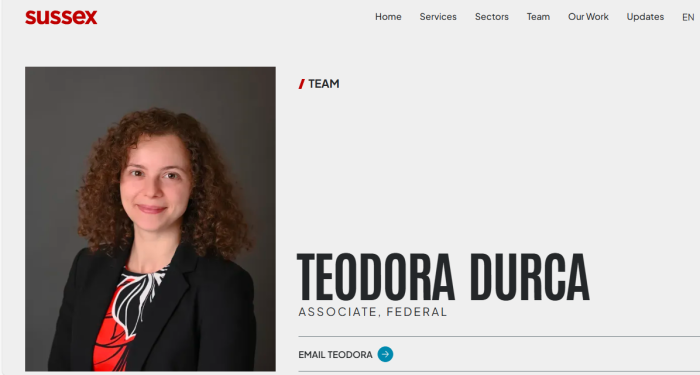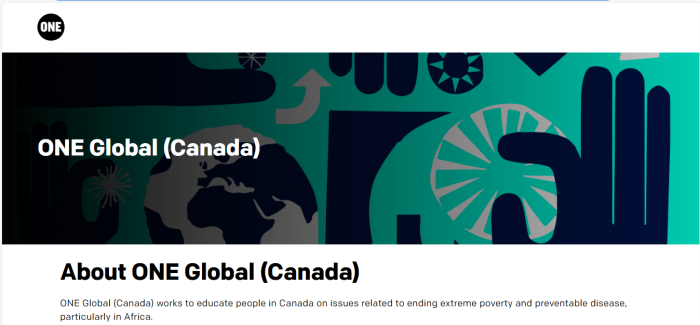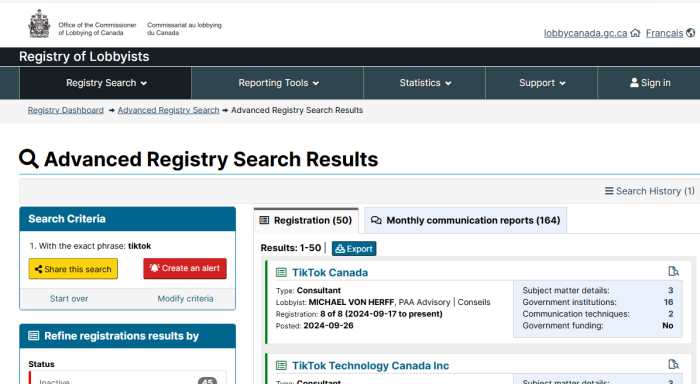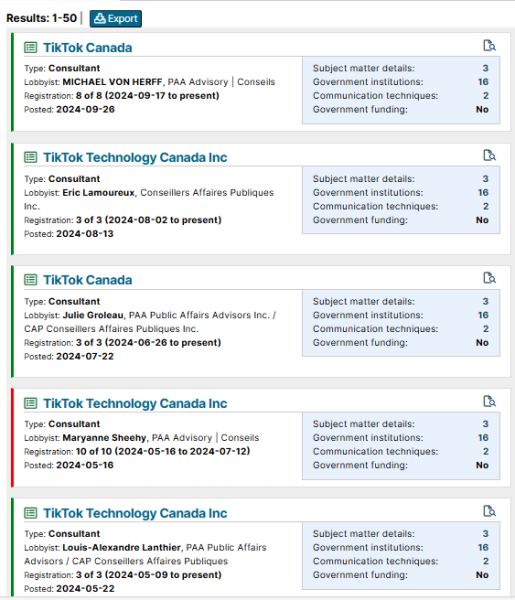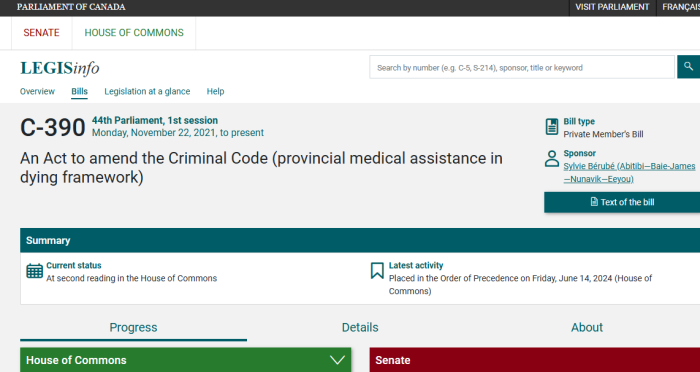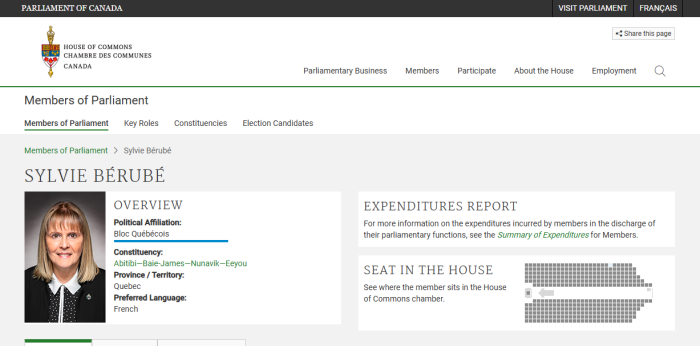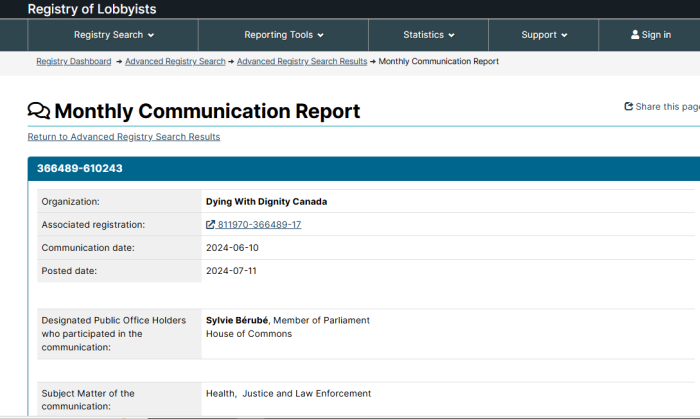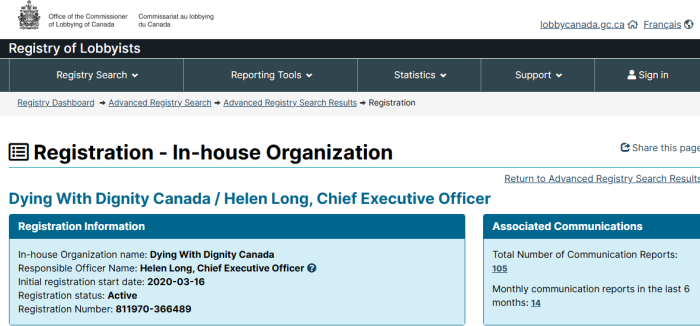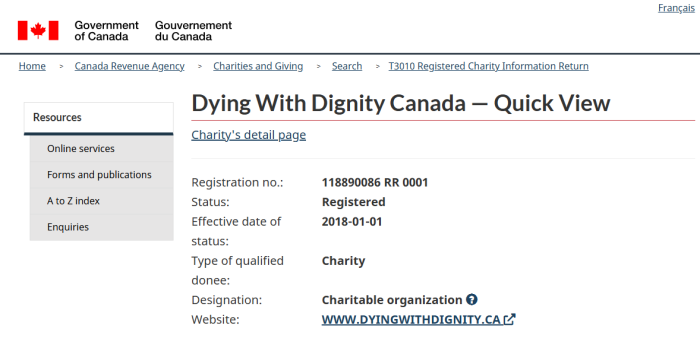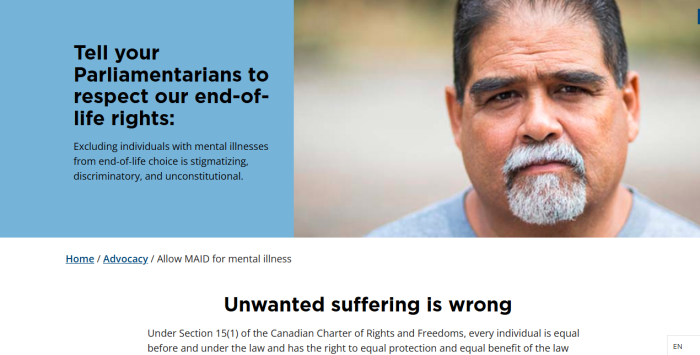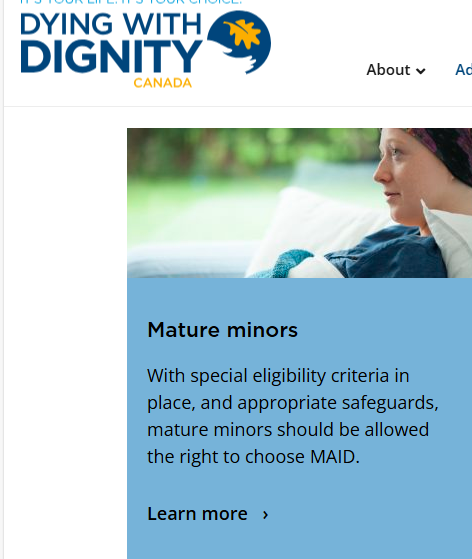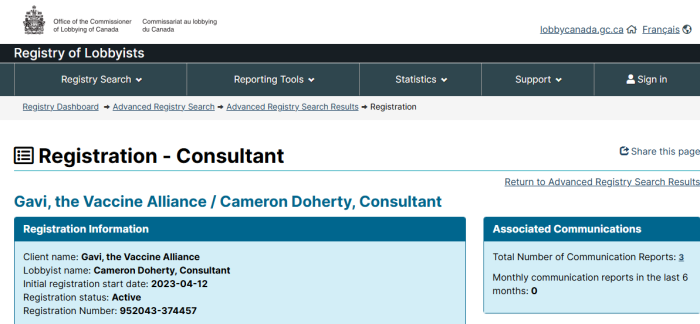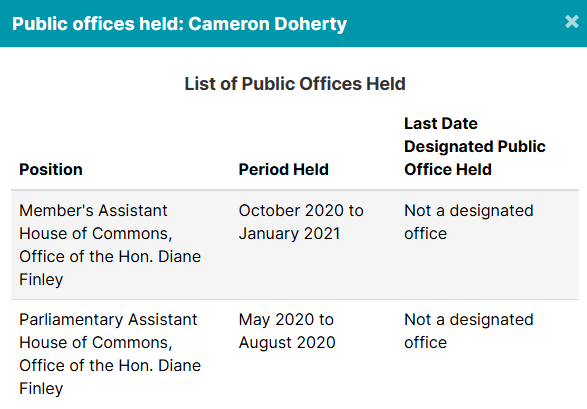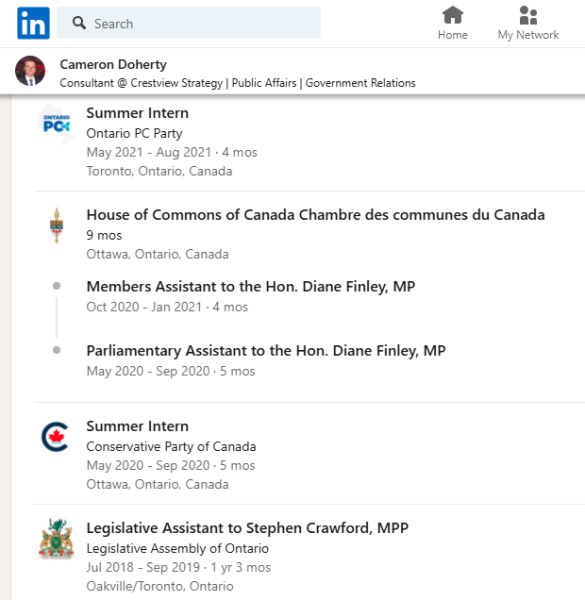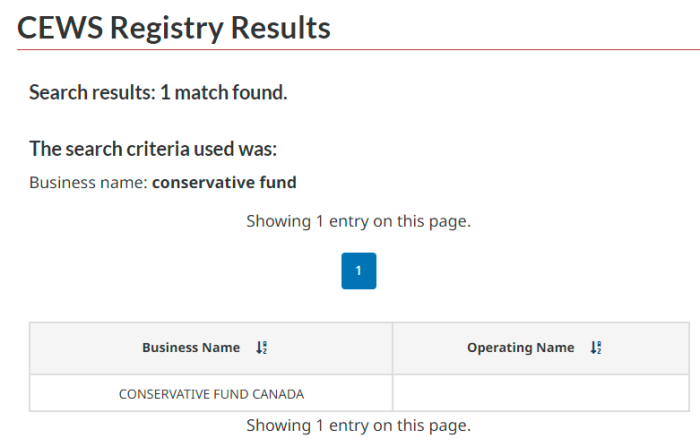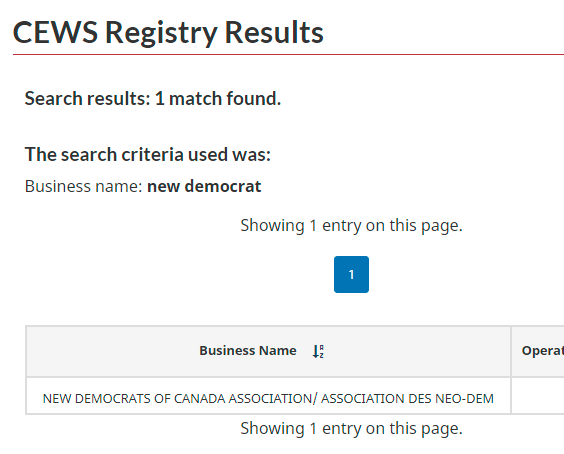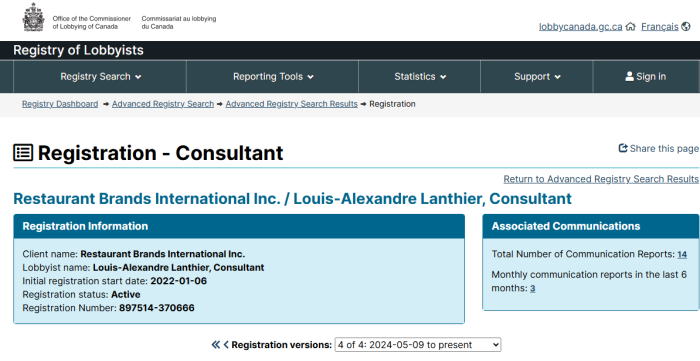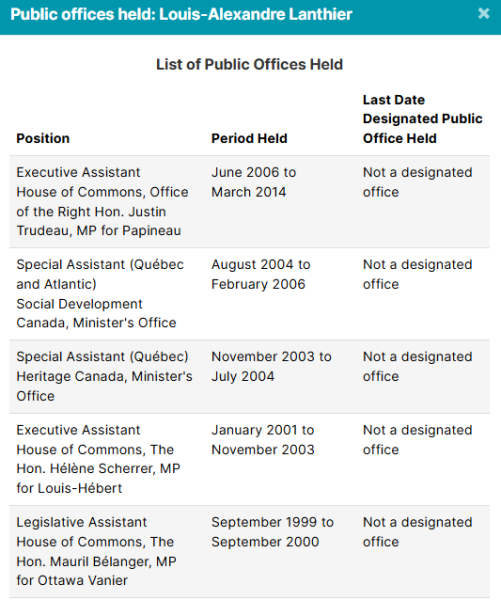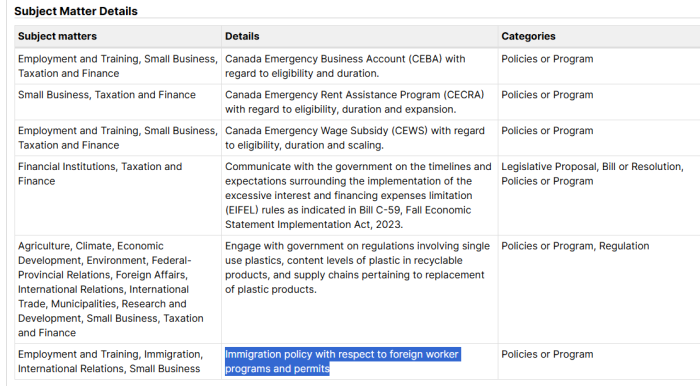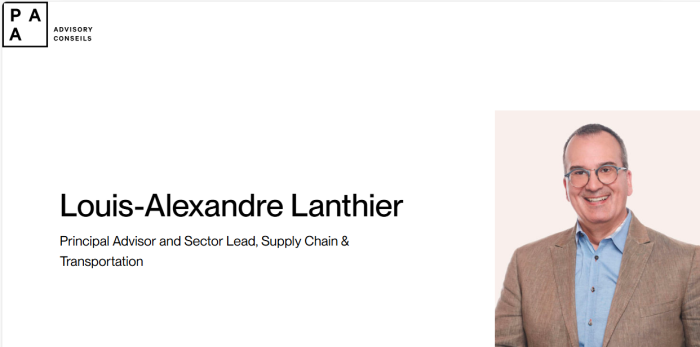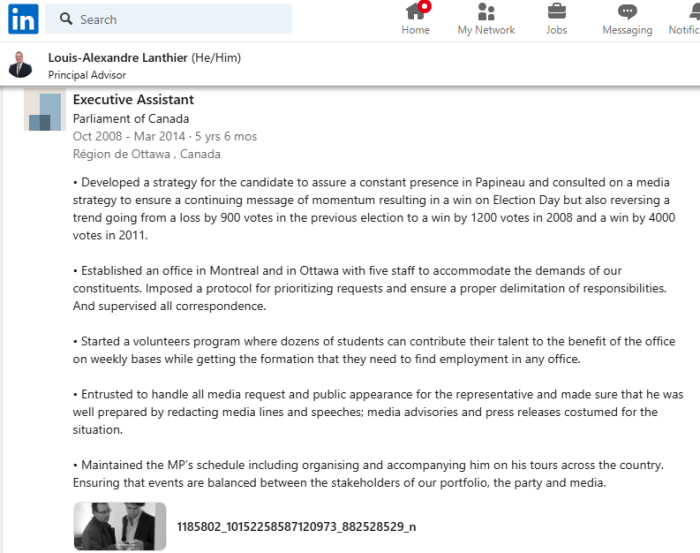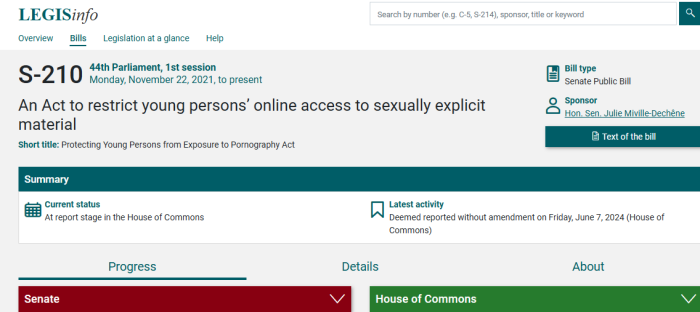
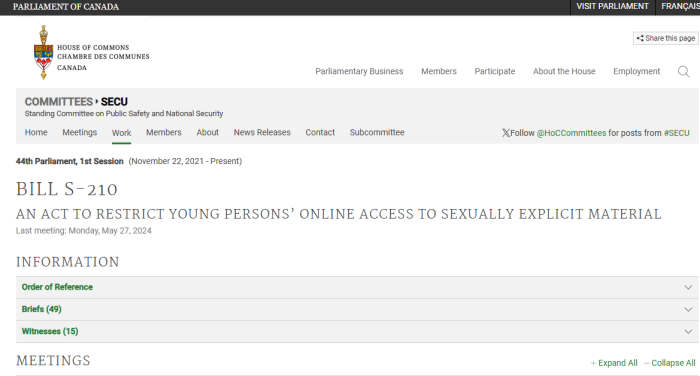
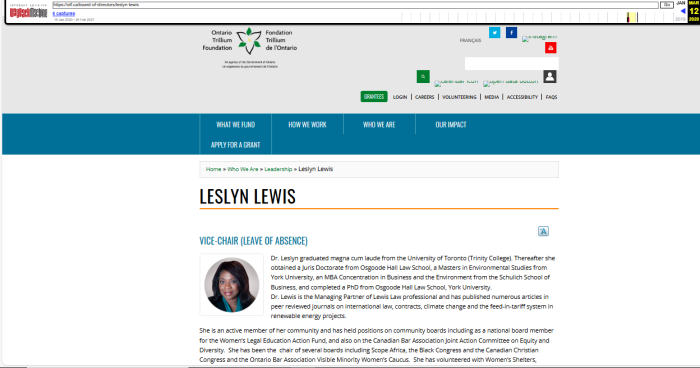
Bill S-210 passed through the Senate in the Spring of 2023, and has yet to undergo Third Reading in the House of Commons, after the hearings concluded. It had been introduced by Senator Julie Miville-Dechêne of Quebec.
The Bill itself is titled: An Act to restrict young persons’ online access to sexually explicit material. As the name implies, the substance is about age restricting access to pornography.
What’s interesting about this Bill is some of the groups that work to oppose it, and all while claiming to fight for women’s rights. One such organization is Women’s LEAF, the Women’s Legal Education and Action Fund. Leslyn Lewis was once a National Board Member of it.
LEAF describes itself as:
a national, charitable, non-profit organization that works towards ensuring the law guarantees substantive equality for all women, girls, trans, and non-binary people. LEAF has developed expertise in the gendered and intersectional impact of technology-facilitated violence through intervening in landmark cases before the Supreme Court of Canada and making submissions to Parliament to highlight gender equity implications of online hate.
At the hearings before the House of Commons, LEAF made submissions, arguing against Bill S-210. The reasons are baffling.
In fairness, LEAF is hardly the only one to argue against Bill S-210. We’ll get into some of the others as well in subsequent articles.
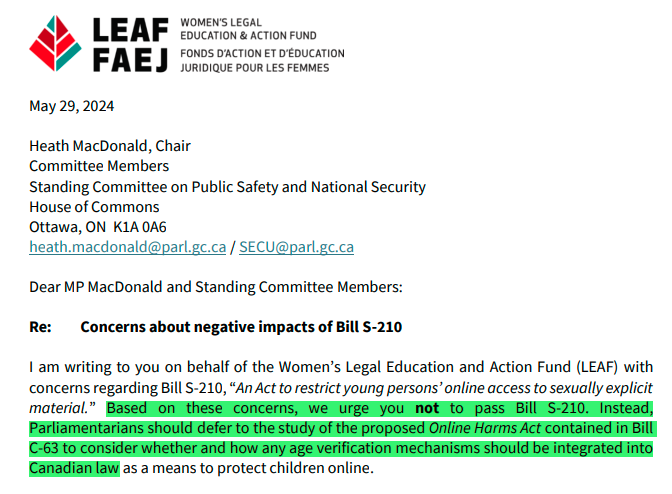
Rather than implement age-restriction specifically for obscene material, LEAF instead defers to the much broader Bill C-63. While decrying possible invasions of privacy, the group recommends something more expansive.
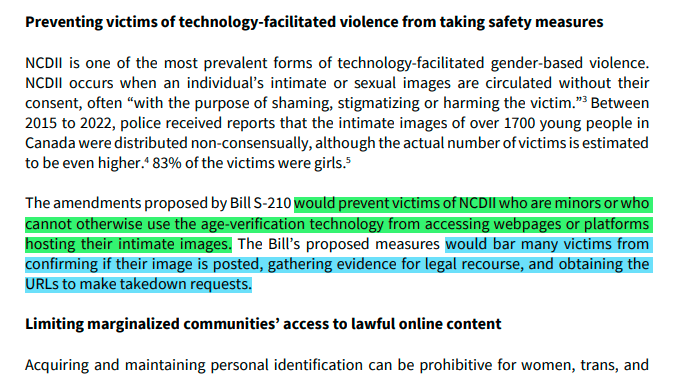
***NCDII stands for non-consensual distribution of intimate images.
LEAF also has a rather convoluted objection to age-verification, under the guise of victims’ rights. While hundreds of underage people (mostly girls) have been victimized, requiring identification would make it harder for them to access their own images.
This means that LEAF is well aware of that the content of minors is often published, but age-verification can’t be allowed in order to allow victims some recourse. Perhaps a more stringent screening process beforehand would be helpful.
LEAF also adds that “To steer clear of such an inordinate penalty, tech companies are likely to over-moderate content on their sites. 2SLGBTQIA+ community members will bear the brunt of this change: through sexual content moderation, queer and trans content is already disproportionately targeted, banned, restricted, and demonetized on social media platforms“.
While denying that the “community” is full of groomers, LEAF argues that age-verification will disproportionately impact these people.
Defence — legitimate purpose
(2) No organization shall be convicted of an offence under section 5 if the act that is alleged to constitute the offence has a legitimate purpose related to science, medicine, education or the arts.
Keep in mind, section 6(2) of Bill S-210 makes it clear that legitimate purposes related to: (a) science; (b) medicine; (c) education; or (d) “the arts” is a full defence. And “arts” is presumably a broad category. Nonetheless, LEAF still opposes age-verification.
| DEPARTMENT/MINISTRY | YEAR | AMOUNT |
|---|---|---|
| Canadian Heritage (PCH), Court Challenges | 2022 | $25,000.00 |
| Canadian Heritage (PCH), Court Challenges | 2023 | $54,475.05 |
| Canadian Heritage (PCH), Court Challenges | 2024 | $54,475.05 |
| Employment and Social Development Canada (ESDC) | 2022 | $8,911.00 |
| Employment and Social Development Canada (ESDC) | 2023 | $8,400.00 |
| Employment and Social Development Canada (ESDC) | 2024 | $8,400.00 |
| Justice Canada (JC) | 2023 | $33,712.34 |
| Justice Canada (JC) | 2024 | $33,712.34 |
| Women and Gender Equality (WAGE) | 2022 | $362,668.00 |
| Women and Gender Equality (WAGE) | 2023 | $364,183.53 |
| Women and Gender Equality (WAGE) | 2024 | $364,183.53 |
This is just some of their more recent financing.
The Canadian Court Challenges Program is an initiative set up with public money in order for various “independent” groups to bring lawsuits challenging public policy. In other words, taxpayers have to finance lawfare against their own institutions.
For an idea of the kind of litigation that LEAF brings, check out some of their earlier work. It’s not a stretch to describe them as anti-family, anti-woman, and anti-humanity.
Lately, LEAF has been using a lobbying firm called Counsel Public Affairs. Bridget Howe, Ben Parsons, Sheamus Murphy, and Laila Hawrylyshyn (all Liberals) have been making their rounds. Counsel P.A. also employs Amber Ruddy, drug lobbyist and former CPC National Secretary.
Women’s LEAF, like so many groups, is also significantly subsidized by taxpayers, across different Ministries. They then hire lobbyists to lean on politicians to implement their agendas. In other words, organizations like these are using public money to pressure politicians against implementing safeguards for what children view online.
You don’t hate these people enough.
BILL S-210, (AGE RESTRICTING PORNOGRAPHY):
(1) https://www.parl.ca/legisinfo/en/bills
(2) https://www.parl.ca/legisinfo/en/bill/44-1/s-210
(3) https://www.parl.ca/DocumentViewer/en/44-1/bill/S-210/third-reading
(4) https://sencanada.ca/en/senators/miville-dechene-julie/
(5) https://www.ourcommons.ca/Committees/en/SECU/StudyActivity?studyActivityId=12521982
(6) Women’s LEAF Submission Against Implementing Bill S-210
BILL S-224, (HUMAN TRAFFICKING):
(1) https://www.parl.ca/legisinfo/en/bills
(2) https://www.parl.ca/legisinfo/en/bill/44-1/s-224
(3) https://www.parl.ca/DocumentViewer/en/44-1/bill/S-224/third-reading
(4) https://sencanada.ca/en/senators/ataullahjan-salma/
(5) https://www.ourcommons.ca/Committees/en/JUST/StudyActivity?studyActivityId=12111640
Private Member Bills In Current Session:
(1) Bill C-206: Decriminalizing Self Maiming To Avoid Military Service
(2) Bill C-207: Creating The “Right” To Affordable Housing
(3) Bill C-219: Creating Environmental Bill Of Rights
(4) Bill C-226: Creating A Strategy For Environmental Racism/Justice
(5) Bill C-229: Banning Symbols Of Hate, Without Defining Them
(6) Bill C-235: Building Of A Green Economy In The Prairies
(7) Bill C-245: Entrenching Climate Change Into Canada Infrastructure Bank
(8) Bill C-250: Imposing Prison Time For Holocaust Denial
(9) Bill C-261: Red Flag Laws For “Hate Speech”
(10.1) Bill C-293: Domestic Implementation Of Int’l Pandemic Treaty
(10.2) Bill C-293: Concerns Raised In Hearings Over Food Supplies
(10.3) Bill C-293: Lobbying Interests Behind Nathaniel Erskine-Smith
(11) Bill C-312: Development Of National Renewable Energy Strategy
(12) Bill C-315: Amending CPPIB Act Over “Human, Labour, Environmental Rights”
(13) Bill C-367: Removing Religious Exemptions Protecting Against Antisemitism
(14) Bill C-373: Removing Religious Exemptions Protecting Against Antisemitism 2.0
(15) Bill C-388: Fast Tracking Weapons, Energy, Gas To Ukraine
(16) Bill C-390: Expanding Euthanasia Into PROVINCIAL Frameworks
(17) Bills C-398/C-399: Homeless Encampments, Immigration “Equity”
(18) Bill C-413: Prison Time Proposed For Residential School “Denialism”
(19) Bill S-215: Protecting Financial Stability Of Post-Secondary Institutions
(20) Bill S-243: Climate Related Finance Act, Banking Acts
(21) Bill S-248: Removing Final Consent For Euthanasia
(22) Bill S-257: Protecting Political Belief Or Activity As Human Rights
(23) Bill S-275: Adding “Sustainable And Equitable Prosperity” To Bank Of Canada Act

